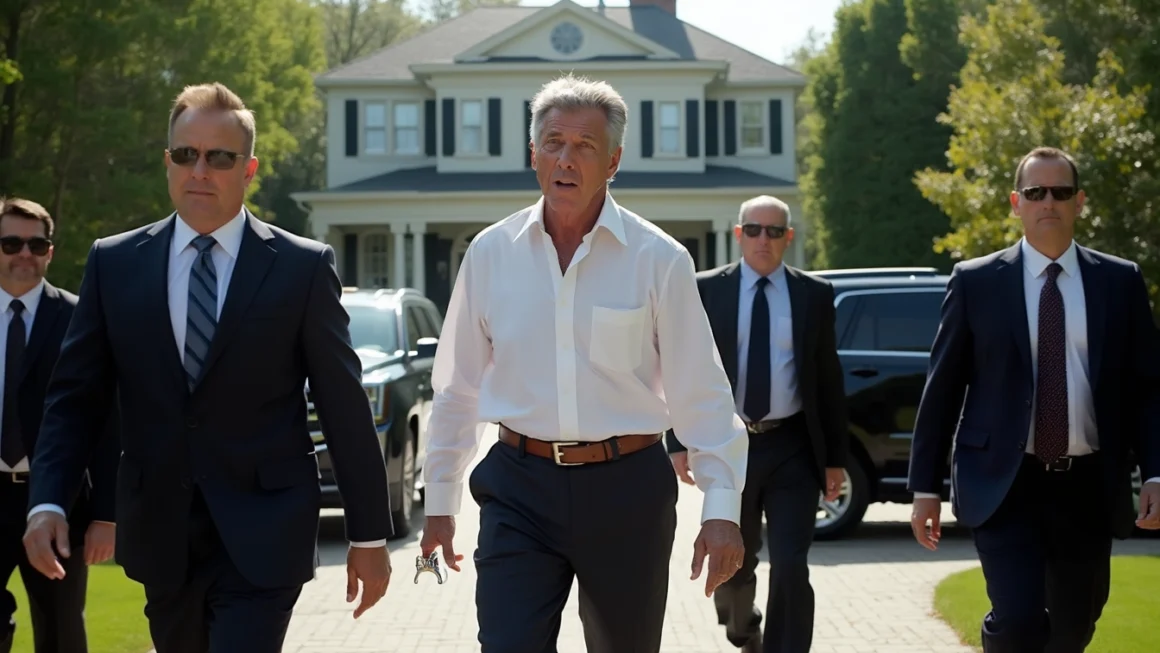In a shocking turn of events, Luigi Mangione, the CEO of United Healthcare, one of the largest health insurance companies in the United States, has been arrested on charges related to the possession and distribution of ghost guns. This development has sent ripples through both the healthcare industry and the ongoing debate on gun control in America.
The Arrest and Charges
Table of Contents
Federal authorities apprehended Mangione at his residence in Connecticut following a months-long investigation. The charges against him include the illegal manufacture and distribution of firearms without serial numbers, commonly known as “ghost guns.” These untraceable weapons have been a growing concern for law enforcement agencies across the country.
What Are Ghost Guns?
Ghost guns are firearms that are assembled from parts or kits that can be purchased without background checks. They lack serial numbers, making them difficult to trace. The rise of 3D printing technology has further complicated efforts to regulate these weapons, as parts can now be easily manufactured at home.
Impact on United Healthcare
The arrest of its CEO has placed United Healthcare in an unprecedented crisis. The company’s board of directors has called an emergency meeting to discuss interim leadership and the potential long-term implications for the organization. Shareholders and industry analysts are closely watching the situation, with many speculating about the possible impact on the company’s stock price and market position.
Healthcare Industry Reactions
The healthcare industry has responded with a mix of shock and concern. Many industry leaders have issued statements distancing themselves from Mangione’s alleged actions, emphasizing their commitment to public health and safety. Some advocacy groups are calling for a broader investigation into the practices of health insurance executives.
Legal and Political Ramifications
This case has reignited the national debate on gun control, particularly regarding the regulation of ghost guns. Lawmakers from both sides of the aisle are weighing in, with some calling for stricter controls on the sale of gun parts and kits, while others defend the right to home manufacture firearms.
Potential Legislative Action
Several members of Congress have announced plans to introduce new legislation aimed at closing loopholes that allow for the proliferation of ghost guns. These proposed bills would require all firearm parts to be serialized and subject to the same regulations as complete firearms.
Public Health Concerns
The involvement of a healthcare executive in the distribution of unregulated firearms has raised questions about the intersection of public health and gun violence. Public health experts are using this incident to highlight the need for a comprehensive approach to gun violence prevention, including mental health support and community-based interventions.
The Role of Healthcare in Gun Safety
Some medical professionals are calling for a more active role for healthcare providers in addressing gun violence. This could include screening patients for access to firearms and providing education on safe storage practices. Automation tools could potentially be utilized to streamline these processes and improve data collection on gun-related injuries and deaths.
The Future of United Healthcare
As the legal proceedings against Mangione unfold, United Healthcare faces significant challenges. The company must not only navigate the immediate leadership crisis but also address potential reputational damage and regulatory scrutiny. Industry experts are speculating about possible succession plans and the long-term strategy the company might adopt to regain public trust.
Corporate Governance Questions
This incident has also sparked discussions about corporate governance and the vetting processes for high-level executives. Many are questioning how Mangione’s alleged illegal activities went undetected and whether there are systemic issues within the corporate structure that need to be addressed.
Conclusion
The arrest of Luigi Mangione on ghost gun charges represents a complex intersection of healthcare, corporate responsibility, and gun control policy. As the case progresses, it is likely to have far-reaching implications for United Healthcare, the healthcare industry at large, and the ongoing national conversation about gun regulation and public safety. Stakeholders from various sectors will be watching closely as this unprecedented situation unfolds, potentially reshaping policies and practices across multiple industries.




